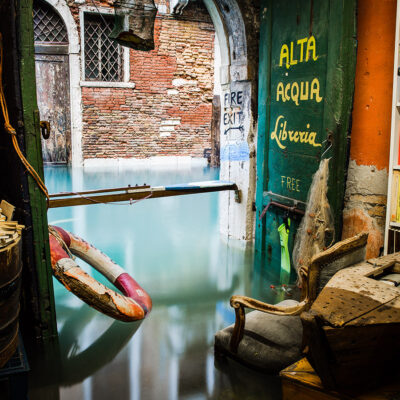The Lost Man by Jane Harper
“As far as he could see, the land stretched out, deep and open, all the way to the desert. A perfect sea of nothingness. If someone was looking for oblivion, that was the place to find it.”
I will read any mystery, but I tend to be hypercritical if it is derivative, outrageously implausible, romance veiled as mystery, lacking suspense, too predictable, and/or too complicated.
In my opinion, The Lost Man is none of these! It is exquisite: the perfect storm of unique murder; masterful narrative; well-developed characters and relationships, and desolate, unforgiving landscape that breeds loneliness and mental instability. That and the fact that Jane Harper has written one of the most arresting Prologues I’ve ever read prompted my love of this book. Here is a sample from the Prologue:
The man had crawled, then dragged himself as it moved. He had squeezed into that shade, contorting his body into desperate shapes, kicking and scuffling the ground as fear and thirst took hold.
He had a brief respite as night fell, before the sun rose and the terrible rotation started again. It didn’t last as long on the second day, as the sun moved higher in the sky. The man had tried, though. He had chased the shade until he couldn’t anymore.
The circle in the dust fell just short of one full revolution. Just short of twenty-four hours. And then, at last the stockman finally had company, as the earth turned and the shadow moved on alone, and the man lay still in the center of a dusty grave under a monstrous sky. [p. 3]
At its core, The Lost Man is a family drama; one of second chances and forgiveness. The man described above is Cam, one of the three Bright brothers who are overseers of 3,500 square kilometers of land in Queensland. Cam goes out to fix a repeater mast and never returns home. His body is eventually found nine kilometers from his Land Cruiser, which is stocked with supplies, keys on the front seat. There is no evidence of foul play. Nearly everyone assumes that Cam took his own life; after all, he grew up knowing that a man could die without water in a hot, semi-arid environment after only six hours. Why did Cam, who grew up in this landscape and competently managed the family ranch for years, wander miles from his fully operational vehicle that was full of water and food? Why did he end up hugging a headstone, circling it for the little shade it offered under the unrelenting sun before he died an excruciating death from dehydration? It seems as if there is no other reasonable answer than suicide. Yet Cam’s brother Nathan has his doubts.
Prior to his brother’s death, Nathan had kept himself fairly isolated, his own house and land a three-hour drive from his brother’s. After being ostracized by the townspeople a decade before, he essentially becomes a hermit, managing his land alone, accepting infrequent visits from his son, and occasionally seeing his family. The narrator tells us that
Over the years, Nathan had discovered that his isolation was strangely easier to cope with when he was on his own for long stretches. Then the loneliness became routine, sometimes fading to barely more than a dull background ache. His early desperation for human contact had changed too. Other people’s company should have been a relief, but now just stirred up complicated emotions that he later had to deal with all on his own, long after they were gone. It was harder for him to recover each time and taking far longer to get back to normal, if he could even call it that. [p. 227]
The Lost Man is a stand-alone novel as is Jane Harper’s most recent mystery The Survivors. While all her novels, take place in Australia, The Lost Man is set in the remote outback where the vast, isolated, hot, and parched physical surroundings can affect an individual both physically and emotionally. As the author describes:
Nathan looked out. The sun seemed to be dropping fast in the west. In another hour, the horizon would disappear into something even more endless. He heard a distant wistful howl. It was early in the evening for dingoes, but there was nothing else it could be. Nathan took a couple of steps through the dust, away from the fence and the house and its cultivated greenery. He stared out. It was vast, like looking down from the edge of a cliff, and he felt a rare hint of vertigo.
At night, when the sky felt even bigger, he could almost imagine it was a million years ago and he was walking on the bottom of the sea. A million years ago when a million natural events still needed to occur, one after the other, to form this land as it lay in front of him now. A place where rivers flooded without rain and seashells fossilized a thousand miles from water and men who left their cars found themselves walking to their deaths.
Sometimes, the space almost seemed to call to Nathan. Like a faint heartbeat, insistent and persuasive. He listened now, and took an experimental step, then another. Behind him, he heard the squeal of the screen door. Xander calling out.
“Dad?”
Nathan stopped walking. He raised a hand, then turned toward the sound of his son’s voice and slowly made his way back to the house. [pp. 50-51]
















